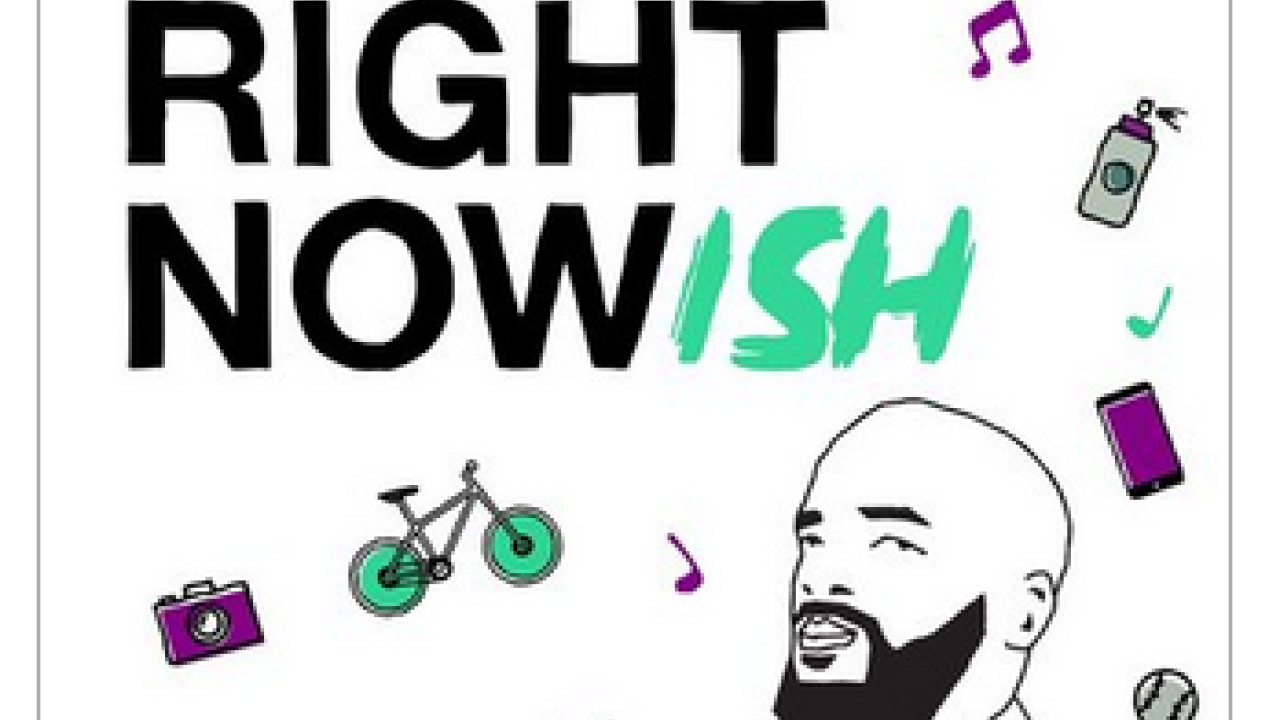UC Davis lecturer Antoine Johnson interviewed on podcast
This Arts Blog post by Hayley Morris, UC Davis Media Relations Intern
In a recent podcast with Pendarvis Harshaw, produced at KQED radio in San Francisco, Antoine Johnson, a lecturer at UC Davis, discussed how his research into the HIV/ AIDS epidemic of the '80s and '90s is still extremely relevant to this day and how the community — including a group of Black women in Oakland — responded.
Johnson teaches Hip Hop in Urban America, a course in the Department of African American and African Studies, that looks hip-hop's four artistic elements — rap, deejaying, breakdance, and aerosol art — to examine issues of race, ethnicity and gender in youth culture and American society. He says it was his love of music that eventually brought him to research the AIDS epidemic for his doctoral degree at UC San Francisco. While he could find songs that addressed problems like police violence and the crack epidemic, he struggled to find tracks that talked about HIV/ AIDS, which led him into his current research.
Below are excerpts of Harshaw’s conversation with Johnson on the podcast, “Rightnowish.”
Harshaw: What are you pursuing with your Ph.D.?
Johnson: My dissertation looks at HIV and AIDS among Black people in the Bay Area and ways that racism, specifically state-sanctioned violence through underemployment, poverty, housing insecurity, and inadequate health care contribute to Black people's disease susceptibility...
One of the chapters I wrote was about a sex workers’ organization called CAL-PEP, California Prostitutes Education Project. They were created in 1984. They wanted to highlight the way that Black women, in particular, were affected by HIV and AIDS, and how that differed from Black men, which differed from white men...
At the time, AIDS was seen as a gay white disease. And that's the way that the media covered it. That's the way that health professionals responded to it and the way that politicians responded to it as well...
And the thing was, sex workers were being ostracized for carrying the disease. But they were pointing out, you know, the vast majority of our customers are married white men, but they don't receive the same criticism and public scrutiny that we do. So that's the intersectional lens that I approach that chapter from...
I'm not about to disrespect people who were out here. They're sex workers already, they're negatively perceived, so I need to make sure that I humanize them as best I can.
Harshaw: Is there one book you would suggest somebody reading right now?
Johnson: Medical Apartheid by Harriet Washington. It’s one of the reasons I lean towards medical history. She lays out how Black people have beent treated in American medicine, whether that be being experimented on, to just receiving inferior health treatment from slavery to modern day.
Harshaw: When it comes to Black folks dealing with health care, what should people know?
Johnson: Take this pandemic seriously because Black people are disproportionately affected, and it’s nothing wrong with us. It’s the way we are treated once we go into these medical facilities and some of that is because we go to a later stage of diagnosis as we don't trust the medical professionals. Have a community of people to talk about your concerns with and take care of yourself at the end of the day.
Listen to the podcast and read the article on KQED in full here. “Rightnowish” is an arts and culture podcast produced at KQED.
